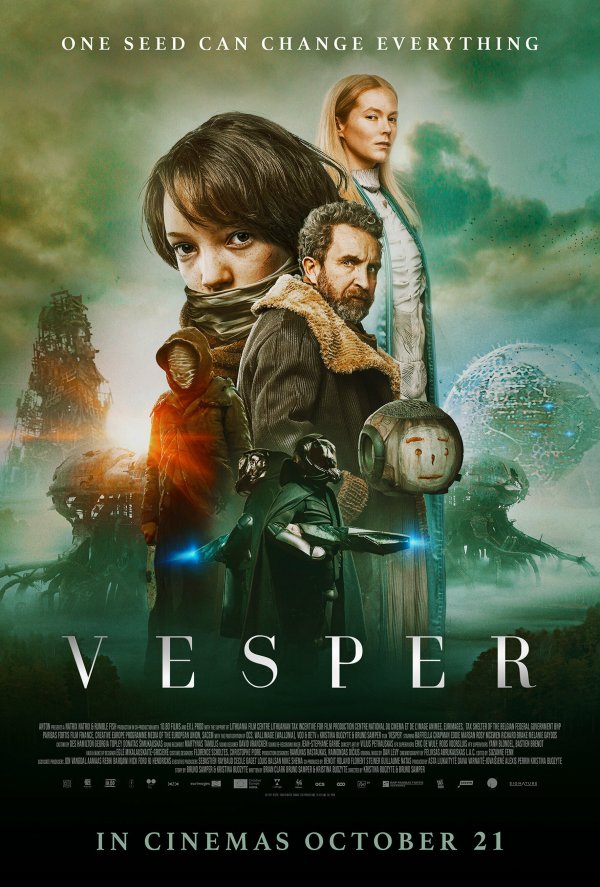- Messages
- 17,439
- Location
- New York City
Life for Ruth (also known as Walk in the Shadow) from 1962 with Michael Craig, Janet Munro, Patrick McGoohan, Paul Rodgers and Leslie Sands
Life for Ruth has the maturity and confidence to admit that there are (at least) two legitimate sides to complex political/legal/social issues. Many of today's movie makers behave more like children, creating stories that conveniently make their arguments look perfect.
At what point does the state have the right to override the religious beliefs of the parents when a child's life is at stake is the complex issue at the core of Life for Ruth. Both sides are fairly presented making the film challenging and engaging viewing, no matter what you believe.
Michael Craig plays a father and Jehovah Witness (although the term is never used) whom we see rescue two children after a boating accident. He saves the child most at risk first and then saves his own daughter, who is severely injured while he was saving the first child.
This obviously good man is then faced, along with his wife, played by Janet Munro, with deciding whether to allow the hospital to give his daughter Ruth a blood transfusion to save her life. Blood transfusions go against "their" religion.
Even in the moment of crisis, it's clear "their" religion is really his religion, with Craig signing a release for the hospital stating he refused the transfusion for his daughter. He believes blood transfusions go against the Bible and his choice will save Ruth's eternal soul.
The child dies, but the inquest finds Craig innocent. Yet the attending doctor, played by Patrick McGoohan, angered that he wasn't allowed to save the child's life, brings a charge of manslaughter against Craig, which apparently, one can do under British jurisprudence.
That is the set up used to examine both sides of the issue. Craig and Munro's marriage begins to break as Munro confesses she only converted from Church of England to Craig's religion because that's what he wanted, but her true beliefs never changed.
Craig's father, a Jehovah Witness himself, supports his son, but most of the community is against him in this pending case. Repeatedly, the issue is examined, in particular, in one powerful scene when McGoohan discusses the case with a newspaper editor and a solicitor.
McGoohan is all logic - "I'm a doctor, I save lives -" and the editor is in sympathy, but the solicitor sees that Christian Craig believes he did right by his child's eternal soul. The solicitor then notes that the editor is a Catholic, which prompts a "so what" from the editor.
The solicitor avers that, one day, the Catholic Church might ask McGoohan to save the life of an unborn child at the expense of a living mother. He also notes "I'm a Jew and the thing smacks of persecution to me" and states he won't take on the case.
In a beautiful moment of British fair play, the solicitor says he knows his Catholic friend and the doctor are sincere in their beliefs, so he gives them the name of an excellent solicitor that will take on the case. They all part cordially. If only we had some of that maturity today.
The movie climaxes, no spoilers coming, in an outstanding courtroom scene that does get overly dramatic at its close. Still, the points it makes are powerful and honest. The movie deserved a less-sensational ending, but it doesn't undermine the overall message too much.
The acting is uniformly impressive. McGoohan and Craig create characters who convince you that they hold their beliefs deeply and sincerely. Munro, a bridge between the two, shows the challenges of loving someone who has passionate beliefs in unconventional ideas.
The actors in the supporting roles, like the aforementioned solicitor, played by Paul Rogers, the newspaper editor, played by Leslie Sands and so many others demonstrate the deep acting bench of British cinema at that time.
The entire picture, restored in its original black and white - which the British, back then, did with a depth and contrast that has never been bettered - is beautiful in a sad but significant way. Director Basil Dearden made sure no scenes were superfluous and every nuance counted.
Life for Ruth is a movie for adults who understand that complex issues don't have simple slogan-driven answers. It's a movie for grownups who respect that good people can sincerely hold opposing beliefs. It's also a movie that, sadly, wouldn't be made today.



